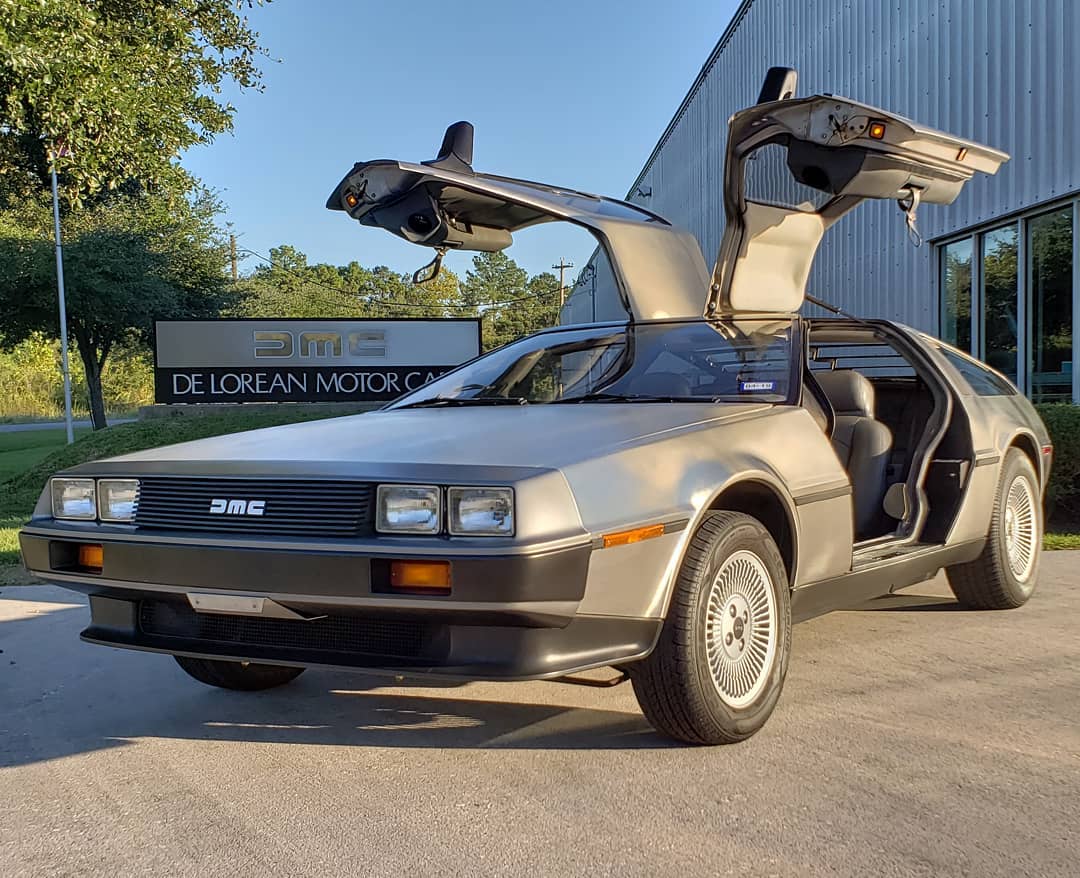The National Highway Traffic Safety Administration (NHTSA) recently completed a regulation permitting low volume motor vehicle manufacturers to begin selling replica cars that resemble vehicles produced at least 25 years ago.
Congress enacted a DeLorean Motor Company-backed bill backed by the Specialty Equipment Market Association (SEMA), DeLorean Motor Company and others into law in 2015, which streamlined requirements for small automakers, but implementation was delayed while awaiting the NHTSA regulations. Companies like DeLorean will now be able to apply for authorization to produce and sell vehicles under this program.
However, DeLorean is now having to reassess its plans for production due to the delay, according to a recent statement from the company.
“The recent release of the final rule document was unexpected, and we’re very pleased to see it finally happen. Still, four years overdue with no clear idea of when (or if!) these would ever be released did certainly keep us from putting too many eggs in that stainless steel basket, so to speak,” the company said in a release. “Some previous suppliers that we had lined up have gone out of business during the pandemic, others have been absorbed by larger companies that have made it clear low volume component production is not something they’re interested in pursuing. In that regard, there will be a fair amount of work to be re-done. Perhaps worse, some ‘champions’ we had at various suppliers have retired or moved on. In some cases, this has left a void, where before there was a DeLorean fan, who rallied for us within their company and management.”
The same also applies to the powertrain, the company said, which is now exploring all-electric options due to stricter emissions standards expected to go into effect in 2024.
“In 2015 our planned engine had a life-cycle of emissions compliance through 2022. We had hoped to get into production by 2017 and get three to four years out of it before having to take on the engineering for a new powertrain,” the company said. “It’s believed that this engine has been extended through perhaps 2024 now, but it doesn’t seem like a good idea to plan around an engine so near its end-of-life.
“With EV’s becoming more mainstream, we’ve been considering switching to all-electric,” the statement read. “It certainly makes for an easier path through emissions maze which still looms large over any internal combustion engine.”
